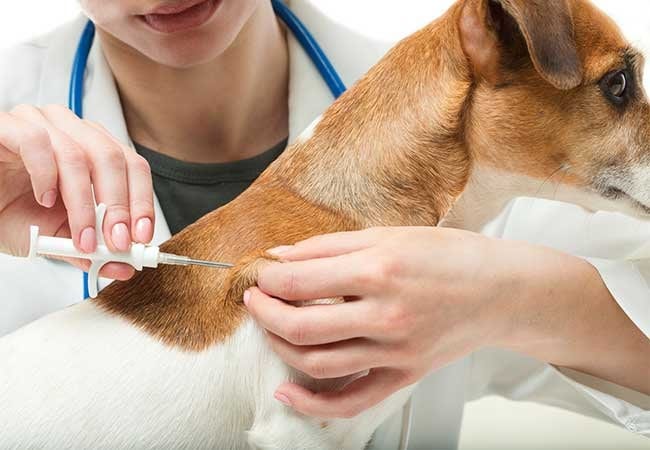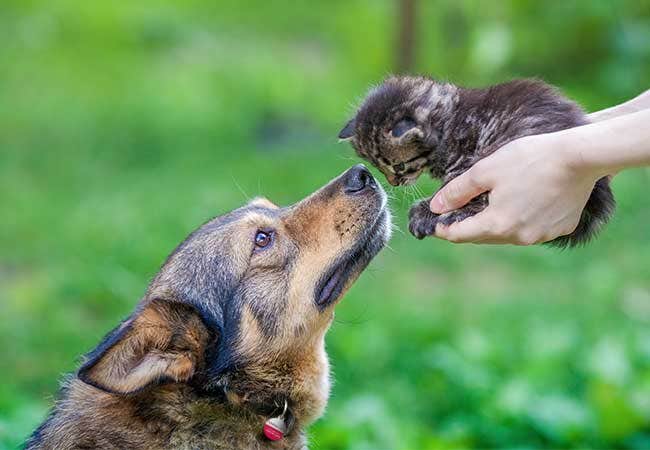Pet Blog: Resources, Advice, Tips & More from 24Petwatch
Our blog is here to help you on your journey as a pet parent with advice, resources, tips and more!
Pet microchip registry: How to easily register your microchip
No matter how careful we are with our pets, sometimes they can escape. Microchipping can be the difference between lost and found. Here’s how to register your microchip.

